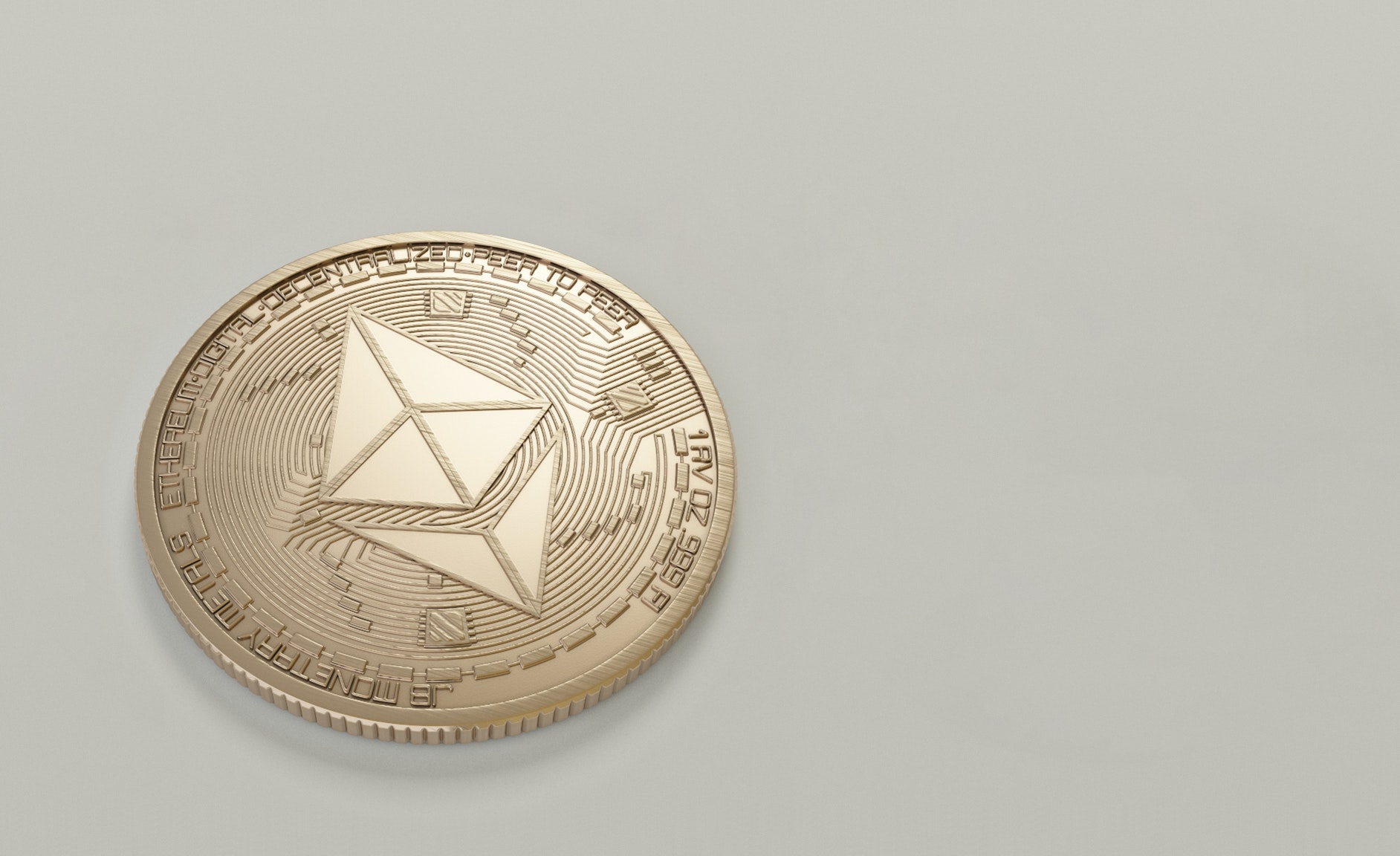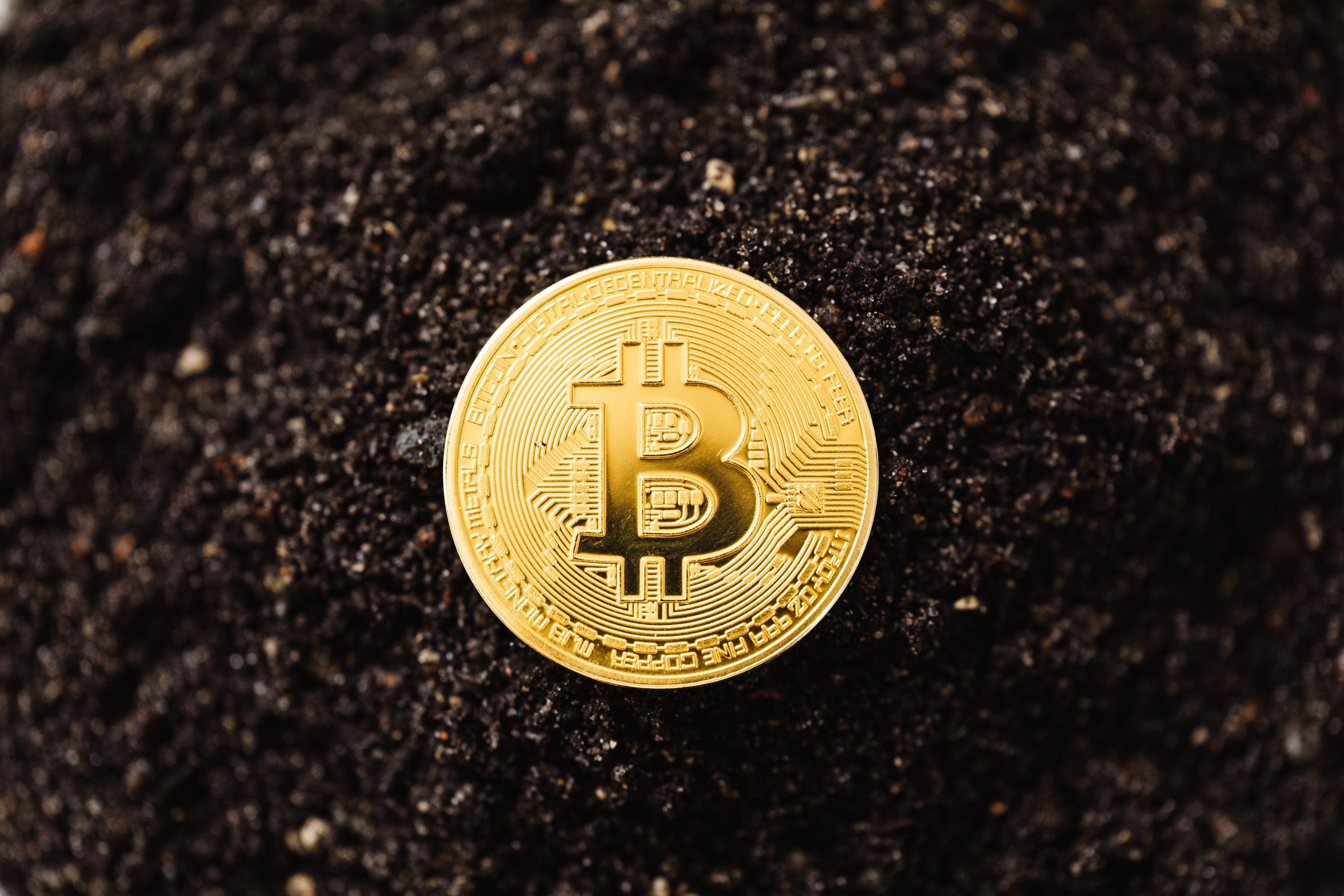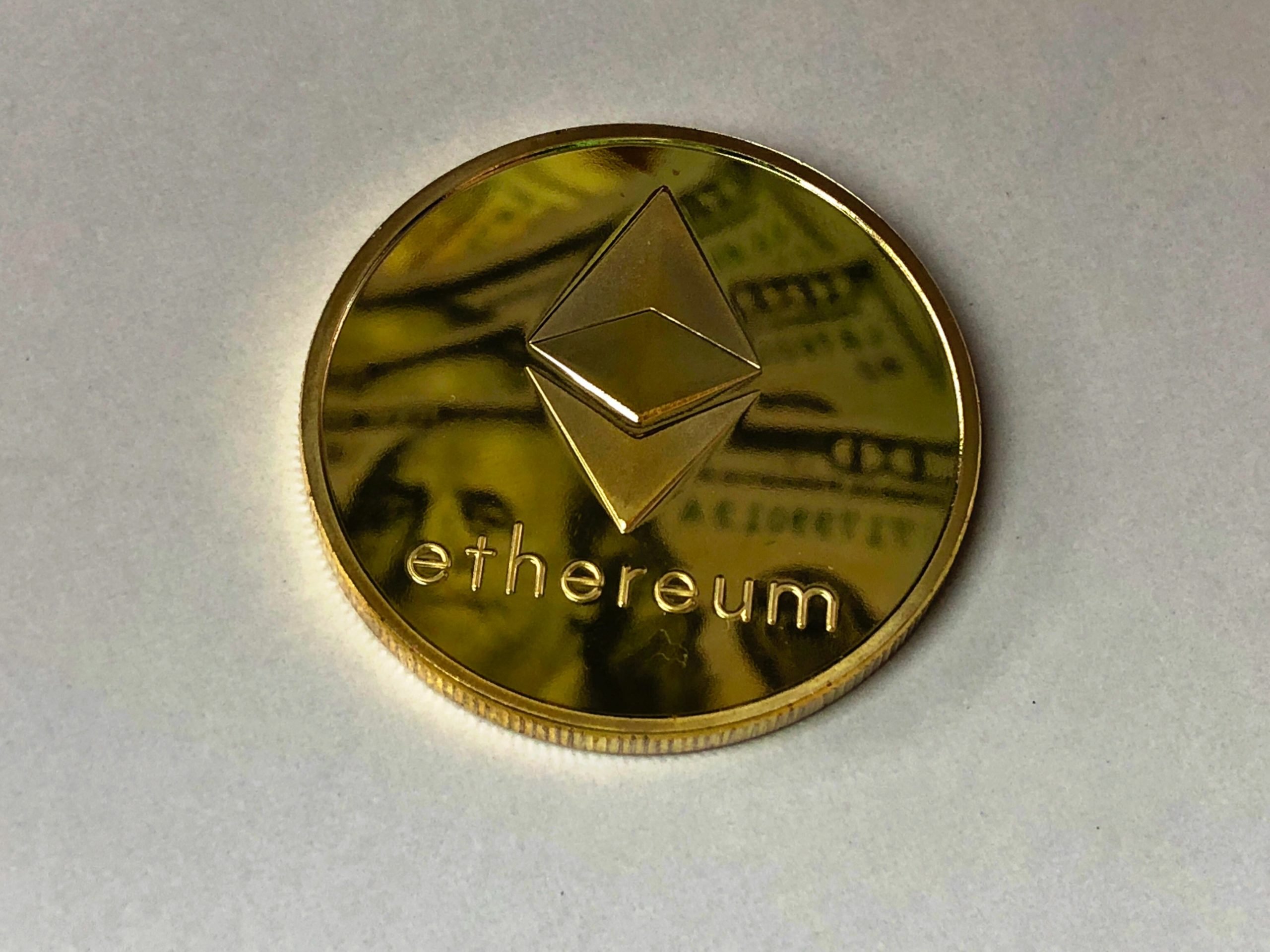With Ethereum reaching an all-time high last week and DeFi (decentralized finance) becoming a multi-billion dollar sector, Ethereum has recently received a lot of attention. Let’s take a closer look and familiarize ourselves with one of the most exciting projects in the decentralized space and learn how to buy Ethereum in Canada.

What is Ethereum?
The brain-child of Russian-Canadian prodigy Vitalik Buterin, Ethereum is the second biggest cryptocurrency globally (by market cap). Due to its reputation as the preferred platform for DeFi (decentralized finance) applications, Ethereum is presently the world’s most-used blockchain. The native token of the platform is ether (ETH), which fuels the internal ecosystem.
How does Ethereum work?
To understand the basic mechanics behind Ethereum, you need to familiarize yourself with two different concepts – smart contracts and gas. Smart contracts are self-executing, automated agreements between two or more parties. You can think of smart contracts as a program that runs on top of the Ethereum blockchain. They are a collection of code and data. The data defines the rules, while the code enforces their execution.
Now, how do you actually execute these smart contracts? For that, you need to familiarize yourself with the concept of gas. Gas refers to the fee, or pricing value, required to successfully conduct a transaction or execute a contract on the Ethereum blockchain platform. Every line of code in a smart contract requires gas for execution.
So, why is gas important?
Smart contract execution requires miners to spend their computational power. The gas fees collated allow miners to receive payment for their services.

How is Ethereum different from Bitcoin?
While it may seem natural to compare Ethereum and Bitcoin, they are very different from each other. In fact, it is almost like comparing apples to oranges. Bitcoin’s leading utility, for now, is as a store-of-value since it acts as a hedge against real-world financial fluctuations. This is the reason why companies like MicroStrategy have allocated a considerable part of their balance sheet to Bitcoin, due to its utility as a “dependable store-of-value”.
Ethereum, on the other hand, is not just a store-of-value and mode of payment. Still, it is a platform that allows developers from around the world to build decentralized applications in various fields like DeFi, gaming, social media, etc. Ethereum is not just an asset, but it’s a whole new ecosystem. Check out this blog to learn more about the similarities and differences between Bitcoin and Ethereum.
Why do people buy Ethereum?
The biggest reason why people are so fixated on Ethereum is that it is the gateway to DeFi apps. The DeFi market right now is worth a staggering $37 billion. Since the beginning of this year, the market inflated from $15.7B to $37B as of writing. On February 22, the market reached an all-time high of $45B before it went down. With so much surrounding DeFi and its numerous applications, it’s no wonder why so many people want to interact with the space.
Secondly, Ethereum’s worth as a store-of-value has grown remarkably in recent times. In its annual review for 2020, Coinbase noted that a growing number of institutional investors had taken a position in Ether. In fact, earlier in 2021, digital asset manager, Grayscale purchased 52,730 ether in 24 hours, bringing their total ether under management to 3.13M ETH. Plus, the Chicago Mercantile Exchange (CME) had successfully launched ether futures contracts giving institutions another avenue to invest in the smart contract leader.
Finally, the upcoming proof-of-stake model for the Ethereum 2.0 upgrade incentivizes the investors to accumulate as much ether as possible to gain annualized staking rewards on their holdings.
How to buy Ethereum in Canada?
Being one of the most popular and in-demand coins in the world, Ethereum can be pretty easily obtained as there are several ways to buy ETH. If you are based out of Canada, you can use a trading platform like VirgoCX to buy and sell Ethereum with CAD (Canadian Dollar). VirgoCX is a Canadian-based fiat-to-cryptocurrency trading platform and a FINTRAC-registered MSB (money service business) and is one of the simplest and most affordable ways to buy ETH if you are in Canada.
Buying and selling any cryptocurrency like ETH in a crypto trading platform like VirgoCX is a straightforward process. All that you need to do is to create an account in VirgoCX and finish your regular KYC. After that, you can start buying Ethereum with CAD with zero trading fee and deposit fee. The ETH tokens will be directly stored in your account. You can then transfer these coins to your Ethereum wallets if you plan on holding on to your tokens.

How do people use Ethereum?
Ethereum’s use cases broadly fall under three baskets – long-term store of value, online trading, and decentralized application platform. People buy ether and hold on to them in their cold Ethereum wallets. They also accumulate Ether and buy other coins using ETH as a trading pair.
However, Ethereum’s primary use case is to run a variety of decentralized applications. As mentioned before, currently, the hottest class of decentralized applications is DeFi. Some of the DeFi apps that you can explore are MakerDAO, Compound, Aave, etc. These apps allow people to lock up their tokens in liquidity pools and hope to earn rewards over time.
There are also decentralized exchanges like Uniswap, SushiSwap, and 1Inch that utilize automated market making to create different token markets. Uniswap recently crossed $100 billion trading volume.
Finally, there is also the burgeoning NFT (non-fungible tokens) market identified as the “next big thing” in the crypto space. Ethereum-based NFT marketplaces like OpenSea, CryptoPunks, and Rarible have seen almost a million dollars in daily trading volume.
What happened to Ethereum in 2020?
What defined Ethereum in 2020 was the DeFi market and the final stages of its transition into ETH 2.0. Throughout 2020, the DeFi market had risen from $676 million to $14.6 billion, which’s a whopping 2080% rise in overall market capitalization. As we have noted above, this number has since risen to $37B.
Carrying such a thriving ecosystem has of course been extremely helpful for ETH’s valuation since it has risen from $130 to $735, growing by 465%. Later, Ethereum price rose to a new all-time high of $2,036.29 on February 20, 2021, before it corrected down to $1,475,on February 26, 2021.
Now, speaking about Ethereum’s transition into ETH 2.0, let’s talk about it in the next section.
What’s in store for the future?
As you are probably aware, Ethereum is on the verge of transition into its ETH 2.0 upgrade. The main reason why the Ethereum network is going through this update is to become more scalable. Not only is this transition going to bring in several layer-2 improvements, but it is also going to transition the Ethereum network from a proof-of-work protocol to a proof-of-stake protocol. All these changes will make Ethereum a lot more scalable, which will allow developers to build more sophisticated DeFi apps.
Another exciting thing that Ethereum will likely implement in July 2021 is the EIP-1559 proposal. EIPs are Ethereum Improvement Proposals that are meant to improve the usability of the underlying Ethereum blockchain. One of the main problems plaguing Ethereum right now is astronomical gas prices. With EIP-1559, these gas prices will go down significantly since this proposal will only allow miners to keep the tips, and the BASEFEE will always be burned.
By solving the scalability problem, and the high gas fees rate, Ethereum will organically solve the two most significant issues that have prevented it from being an optimal DeFi platform.
Regardless, now is as great a time as any to get started with learning about Ethereum — one of the most exciting decentralized ecosystems that this world will ever see.
Disclaimer: No Investment Advice The contents of this article are for informational purposes only and are not intended as, and shall not be understood or construed as, investment advice, financial advice or trading advice. There are substantial risks associated with the trading of cryptocurrencies and you should consult with a licensed financial advisor prior to making any trading or investment decisions. Content Not Warranted The contents of this article are provided “as is” and without warranties of any kind. You bear all risks associated with the use of the content provided including without limitation, any reliance on the accuracy, completeness or usefulness of any content available within this article.
Follow us on social



